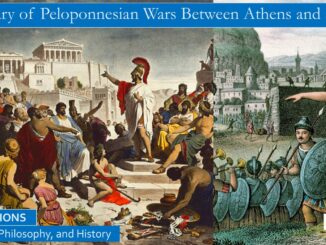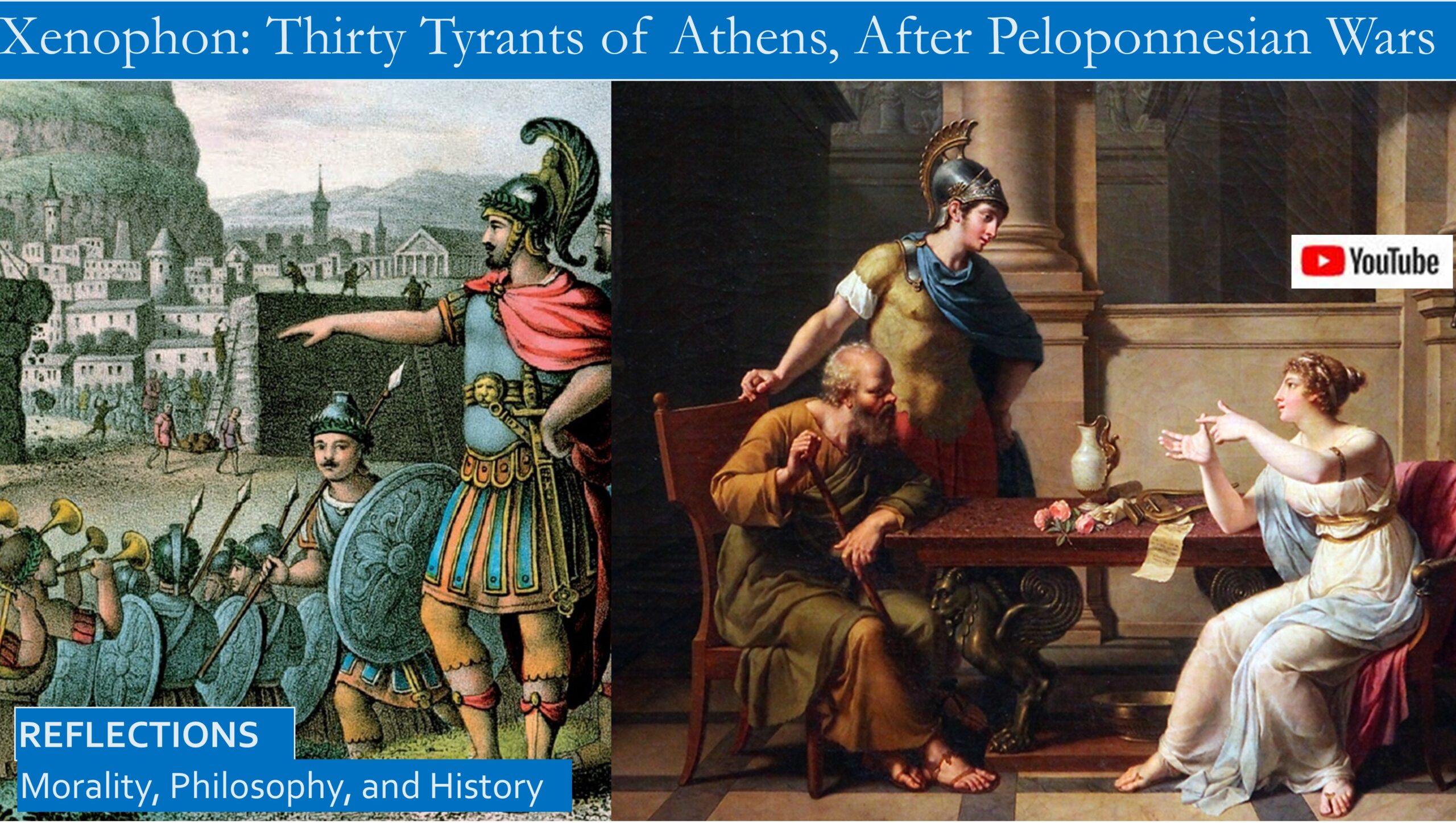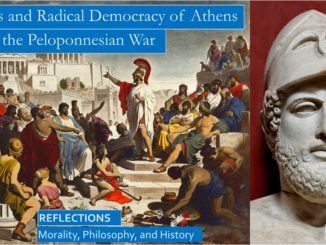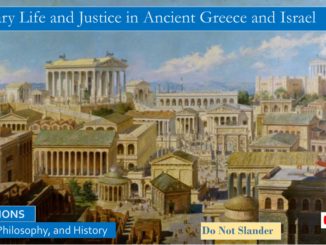
Summary of the Peloponnesian Wars Between Athens and Sparta
Why study the Peloponnesian wars? One main reason is: You cannot understand the Platonic dialogues without first understanding the history of the Peloponnesian Wars, because so many of the leading figures of this period are referenced in the Platonic dialogues, and we can learn many moral lessons from the war, which changed the Greek city-states forever.
The history of the war includes many interesting personalities, including Pericles, the founder of the radical democracy of Athens who died in the first years of the war, and Alcibiades, the ladies’ man and charismatic personality who was a leader of all three sides of the antagonists of the war, and we have the Spartan general Lysander who spared Athens from destruction when she lost the war. […]





